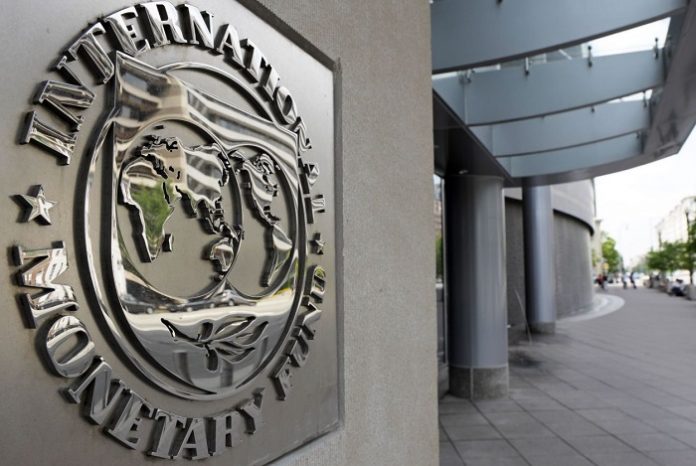
First Deputy Managing Director of the International Monetary Fund (IMF) David Lipton has wrapped his three-day visit to Tehran ensuring Iranian officials that the international monetary body will give support to reform efforts in the Islamic Republic.
“The IMF will continue to support the Iranian authorities’ policy and reform efforts through our continued economic policy dialogue and technical assistance,” IMF website quoted Lipton as saying at the conclusion of his visit May 17.
Lipton visited Iran during May 15-17, 2016. During his visit, he met with Mohammad Nahavandian, Chief of Staff of President Hassan Rouhani; Mohammad Bagher Nobkhat, Vice President and Head of the Management and Planning Organization; Bijan Namdar Zangeneh, Minister of Petroleum; and Valiollah Seif, Governor of the Central Bank of Iran.
“My visit came at a crucial moment for the Iranian economy, as it begins to re-integrate, following the recent implementation of the Joint Comprehensive Action Plan (JCPOA). With an improved economic outlook in prospect, there is a unique opportunity to begin implementing reforms to entrench macroeconomic stability and promote higher sustainable and inclusive growth,” Lipton said.
Pointing to considerable progress in restoring macroeconomic stability in Iran over the recent years, Lipton said that inflation in the country has declined from 45 percent in 2013 to around 8 percent recently.
The foreign exchange market has stabilized, and some key reforms have been implemented, he added.
Speaking about positive impacts of the implementation of the JCPOA on Iran’s economy, he predicted about 4-percent economic growth for the country.
“The implementation of the JCPOA bodes well for the outlook. Higher oil exports, along with lower costs of trade and financial transactions, as Iranian banks reconnect to the international financial system, would help support the economy, with real GDP growth projected at 4 -4.5 percent over the medium term”.
He also touched upon the need for launching economic reforms in the country and said unlocking the Iranian economy’s growth potential and promoting jobs, particularly for youth and women, will require addressing many structural challenges.
Saying that to entrench macroeconomic stability, the policy frameworks for monetary and fiscal policies need to be strengthened, Lipton added that central in these efforts will be promoting the private sector, by fostering private ownership, attracting foreign investment, reducing the cost of doing business, and enhancing transparency and governance.
Lipton described restructuring banks and strengthening the framework for anti-money laundering and combating the financing of terrorism (AML/CFT) as two important priorities.
“Two important priorities for the short term relate to the banking system. First, it will be critical to begin restructuring banks-both at their operational level and their high level of nonperforming loans – to help lower real interest rates and stimulate credit to the economy. Second, given the difficulties for Iranian banks in reintegrating to the international financial system, the authorities should persevere with strengthening the framework for anti-money laundering and combating the financing of terrorism (AML/CFT), which should be critical to facilitate such reintegration,” he said.
“Addressing Iran’s structural challenges will not be easy and some of the gains may only become visible over the longer term. But Iran has already made big strides in restoring prudent policies and in taking important steps to address structural challenges. These efforts should continue and we would encourage the authorities to develop a comprehensive reform agenda soon,” Lipton added.
During his Iran visit, Lipton exchanged views with representatives of the private sector, academics, bankers, and the youth of Iran.

